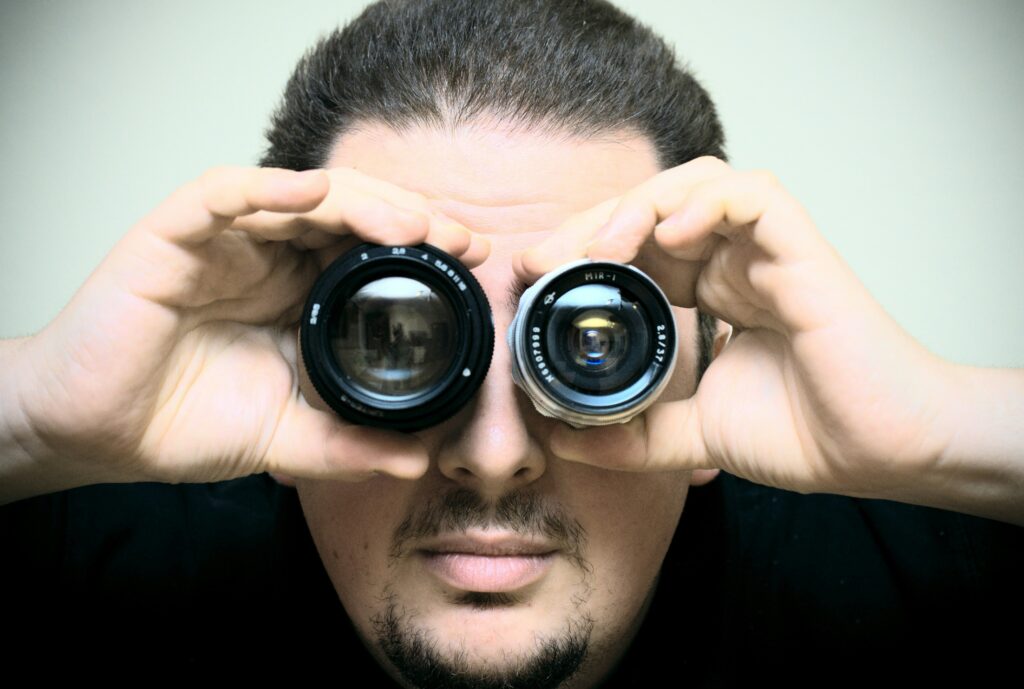
One of my workshops, Cultural Competence & Humility, has been removed from certain places in response to political pressure to eliminate language associated with inclusion, identity, and systemic awareness. I know that the reason for its removal is more than discomfort; it’s fear. And, if we erase cultural humility, what is left isn’t neutral; it’s ego.
What Cultural Humility Really Means
After I overcame the shock and anger of erasure, I decided to examine cultural humility more deeply. I asked myself, “What is underneath this somewhat abstract term?” Cultural humility isn’t about being politically correct. It is about realizing and recognizing that we see the world through a limited lens. Our upbringing, experience, and how we identify have shaped this lens, and others have lenses we can learn from to help expand our own.
As I searched for other options that might be more “palatable,” I came across terms that seem to relate, such as respectful curiosity, adaptive awareness, and egoless learning. However, when I encountered the term’ perspective consciousness,’ I felt that it might be the root of cultural humility. This feels like what is truly needed.
Perspective Consciousness: The Foundation of Humility
The term perspective consciousness is primarily used in philosophy, psychology, and cognitive science. It means becoming aware that your worldview is not the only one or the universal one. It requires us to understand that others have their own lenses on the world, and theirs is valid too.
Baker and Shulsky (2020) write, “A deep perspective consciousness is required to live and solve complex issues within a globalized context.” For me, perspective consciousness is the foundation of cultural humility. One can’t practice cultural humility without considering the limits of one’s own worldview.
The Lenses That Shape Our Worldview
You could consider our worldviews through various layers:
- A personal lens – our identity, upbringing, and values (which might also include mental and emotional filters that influence our perception).
- A professional lens – our field of work, jargon, and work culture,
- A cultural lens – our heritage, rituals, norms, and cultural backgrounds.
- A systemic lens – what’s been normalized or historically rewarded.
We must acknowledge these lenses, so we don’t act as if our experience is the standard. That last assumption has consequences, usually for others with less dominant worldviews.
A Bowhunting Story About Perspective and Assumption
Early in my archery career, I studied a teacher in St. Paul area who was taking urban school kids out bowhunting. This teacher told me the story of his first cohort of kids. The students learned archery and bowhunting skills after school and at a local range. After a few months, they were ready to give bowhunting a try. Some nearby land had been secured for the weekend.
Everyone was excited. Early on the first morning of the hunt, the teacher walked each student to their deer stand and helped them get set up. Within a half an hour or so, most of the students had returned to base camp. What the teacher hadn’t thought about was that many of these urban students had never been alone in the dark woods. For some, this was the first time they experienced stillness without city lights. He had assumed a shared experience that didn’t exist. And that’s what can happen if we skip perspective consciousness.
When Humility is Rejected, Ego Takes Its Place
When cultural humility is erased from leadership, outreach, or education, we aren’t removing difference, we are replacing humility with righteousness, certainty, ego, and the belief that my way is the right way.
I’ve sat through panels of men discussing how to bring more women into hunting or the field of conservation while women’s voices were missing or sidelined. I’ve seen programs designed for communities of people that were not even invited to the table, much less centered. I’ve watched people with power choose comfort over curiosity over and over again. If we can’t consider our lenses and perspectives as small, we just keep spinning, repeating our ineffective efforts.
It’s About Perspective, Not Perfection
Perspective consciousness is the entry point to complex problems. We aren’t required to know everything, but we do need to stop and ask;
- What don’t I see?
- Whose voice/lens is missing?
- Where might I be making worldview assumptions?
I’ve seen and experienced perspective consciousness in my work on environmental identity, as well as while writing Grapevine with my daughter. I’ve even learned to let go of being the expert in my own workshops, or at least acknowledge my limited perspective. When we are curious about the perspectives of others, possibilities open.
If Not Humility, What Are We Choosing?
If not cultural humility, what are we choosing?
If we don’t ground our work in curiosity, listening, and honoring different worldviews, we are not building a better conservation culture; we are just remixing the same broken structure.
Let’s be better.
Let’s go deeper.
Let’s start with perspective.
Have you experienced the limits of your own lens in conservation, education, or leadership? Share your thoughts in the comments. Or, if you are interested in workshops related to the topics discussed here, please reach out.
Resource:
Baker, S., & Shulsky, D. (2020). Planting the seeds of perspective consciousness: Creating resource sets to inspire compassionate global citizens. International Journal of Development Education and Global Learning, 12(1), 4–20. https://doi.org/10.14324/IJDEGL.12.1.02
